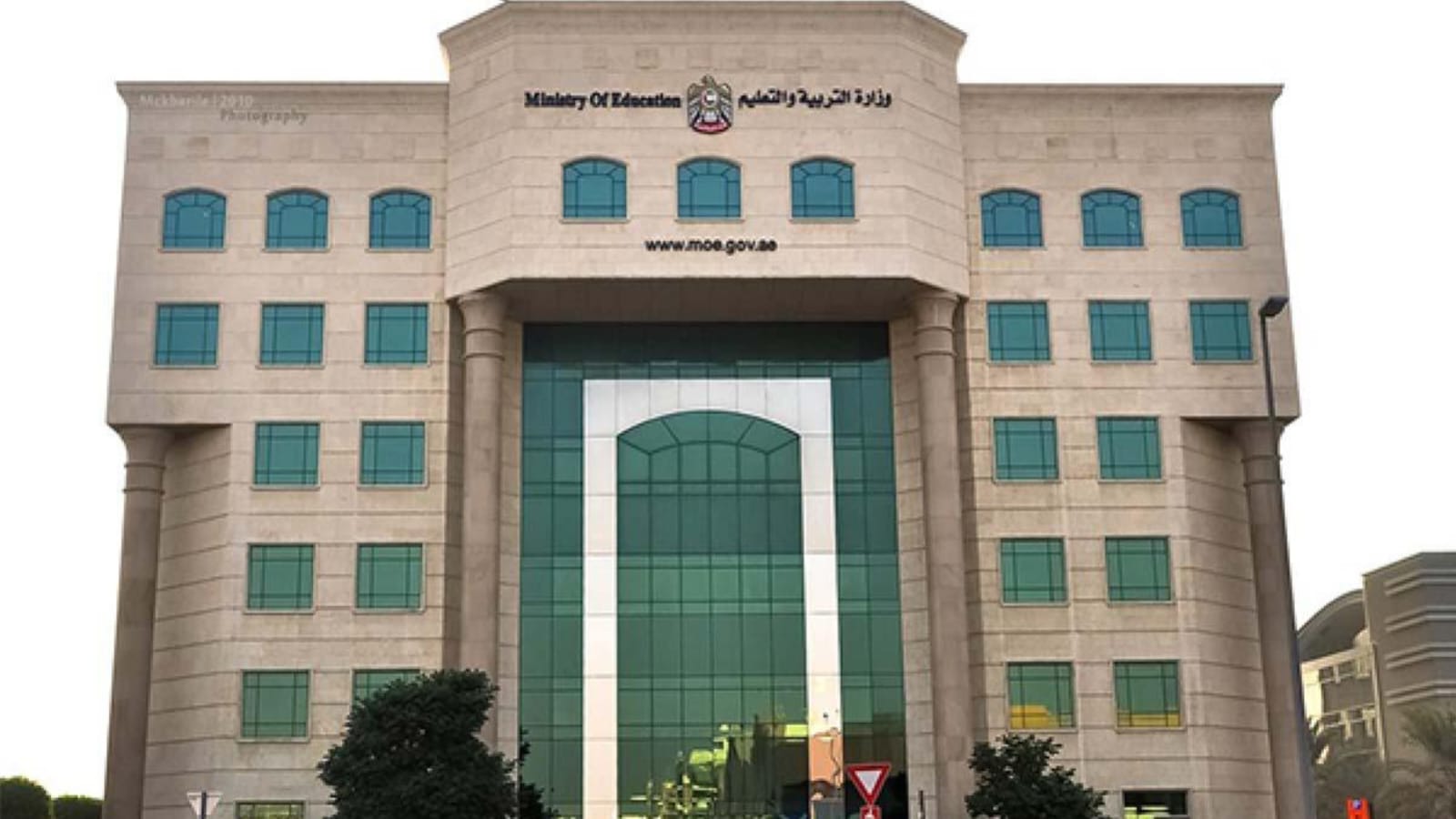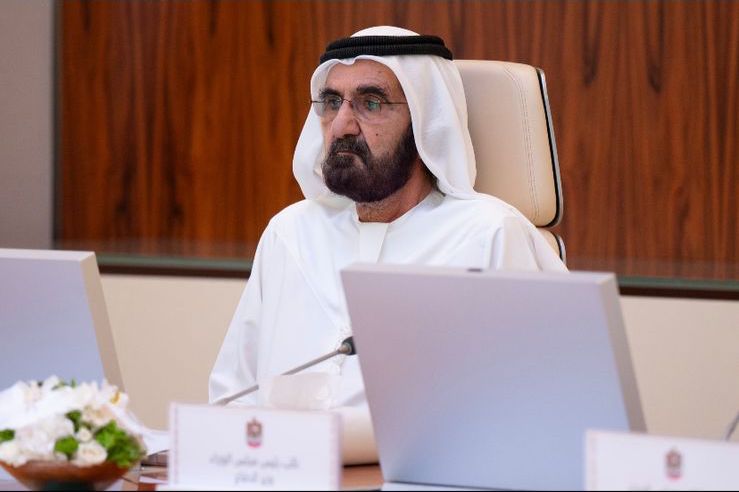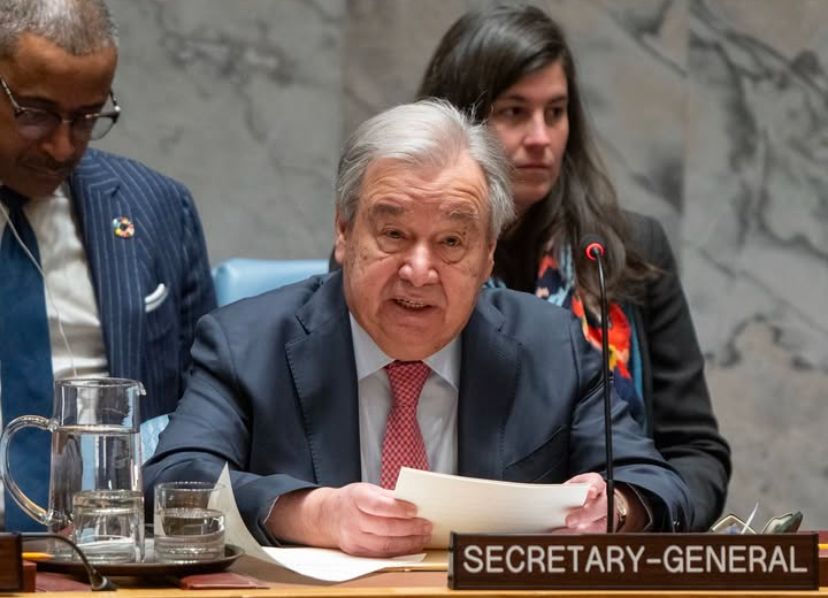India-China Build Trust With Border Talks, Flights and Pilgrimages

India and China have decided to give their relationship a fresh push. After years of tension, leaders from both countries met in New Delhi and reached important agreements.
Prime Minister Narendra Modi, External Affairs Minister S. Jaishankar, and National Security Adviser Ajit Doval held talks with visiting Chinese Foreign Minister Wang Yi. The meeting ended with several positive announcements.
The two sides agreed to set up a group of experts to work on solving the border question. They also decided to bring back direct flights and allow more Indian pilgrims to travel to Kailash and Mansarovar in Tibet.
This is a big step because relations between the two countries have been difficult since the Galwan clash in 2020. That incident had caused a long military standoff.
Now, both governments want to move forward, and this meeting showed signs of a new beginning.
Expert Group for Border Question
One of the most important decisions was to create an Expert Group under the Working Mechanism for Consultation and Coordination on India-China Border Affairs (WMCC).
This group will look into ways to achieve an “early harvest” in boundary delimitation. In simple words, it means they will try to find practical solutions to some border issues before waiting for a full agreement.
WMCC, which was created in 2012, is the main channel for both countries to talk about border matters. By adding an expert group, both sides are showing that they want faster progress.
Working Group for Border Management
Along with the expert team, both nations agreed to set up a Working Group to improve border management. This group will focus on keeping peace and stability along the Line of Actual Control (LAC).
The new team will use existing diplomatic and military channels to discuss steps for de-escalation. They will also work on rules and methods that can reduce tensions on the ground.
For both India and China, stability at the border is the key to building trust.
Flights Between India and China to Resume
Another welcome decision was the plan to resume direct flights between India and China.
Flights had been suspended during the COVID-19 pandemic, and later the Galwan incident further froze travel. Business ties, tourism, and student movement all suffered due to the lack of connectivity.
Bringing flights back will not only make travel easy but also help trade and people-to-people contacts. Many students and professionals have been waiting for this step, and businesses will also benefit from smoother travel.
More Pilgrims to Kailash Mansarovar
India and China also agreed to increase the number of Indian pilgrims visiting Mount Kailash and Lake Mansarovar in Tibet.
These sites are among the most sacred for Hindus, Buddhists, and Jains. Thousands of devotees from India make this spiritual journey every year, but the numbers had dropped due to tensions.
By opening the route again and allowing more pilgrims, both governments are showing respect for culture and faith while also building goodwill.
Background: From Tension to Thaw
The positive mood in this meeting is important because ties had been at a low point.
The Galwan clash in 2020 was one of the most serious incidents between the two nations in decades. Soldiers lost their lives, and the standoff along the border dragged on for years.
This caused trust to fall sharply, and cooperation in trade, culture, and travel also slowed.
But things started to improve recently. Global events, such as U.S. tariff moves on both India and China, made it necessary for both countries to reduce tensions and find common ground.
The Kazan leader-level consensus and talks at BRICS summits also created space for dialogue.
Support in Global Forums
Apart from bilateral issues, both sides agreed to support each other in international forums.
China will support India when it hosts the BRICS Summit in 2026, and India will support China for its turn in 2027.
This shows that the two Asian giants are willing to coordinate on global matters, even if they still have differences.
They also spoke about sharing water data and managing rivers that flow across borders. With climate change and water needs rising, this is an area where cooperation is highly important.
Why This Matters Now
The timing of these announcements is not random. Both countries face global economic challenges and shifting political pressures.
For India, a stable border and stronger ties with China can allow it to focus on growth and regional leadership.
For China, improving relations with India helps balance its global position and shows it can work with neighbors.
Together, India and China account for one-third of the world’s population. Their cooperation can bring stability not only in Asia but across the world.
India’s Commitment to Fair Solutions
After meeting Wang Yi, Prime Minister Modi repeated India’s position: the boundary issue must be resolved in a fair and mutually acceptable way.
He also stressed that stable relations between India and China are essential for peace and prosperity in the region and beyond.
This sends a clear message that while India seeks peace, it also wants fairness in how the border question is solved.
A New Chapter for India-China Relations
The meeting between India and China has opened a new chapter in their relationship.
By setting up expert and working groups, they are showing a commitment to practical problem-solving. By resuming flights and pilgrimages, they are rebuilding trust among ordinary people. And by supporting each other in BRICS, they are coordinating on the world stage.
Challenges still remain, but this is a strong start. If both sides continue on this path, the coming years could bring more peace, prosperity, and cooperation to Asia.








1 Comment
[…] India has taken a very important step to strengthen its naval power by approving talks for building six new advanced submarines under Project 75 India. This deal, worth more than Rs 70,000 crore, will be done in partnership with Germany’s ThyssenKrupp Marine Systems (TKMS). The decision comes after months of delay and is being seen as a major boost for India’s defense and security, especially in the Indian Ocean region where naval strength plays a crucial role. […]
Comments are closed.